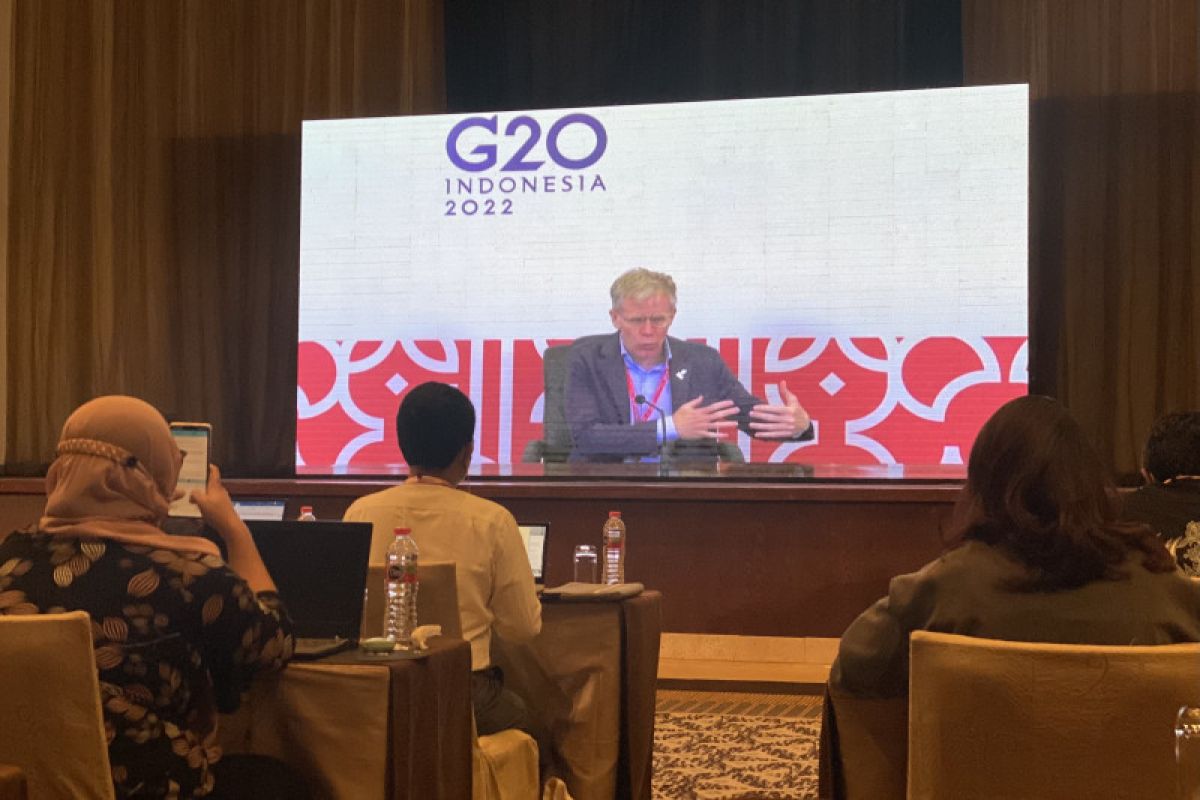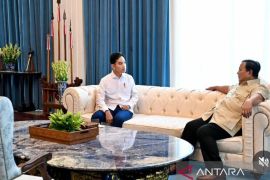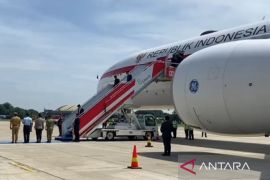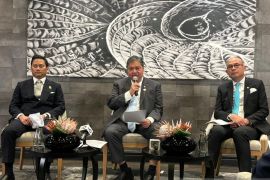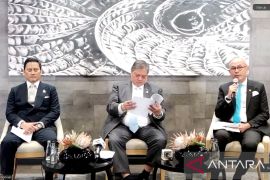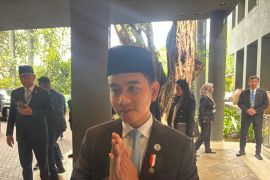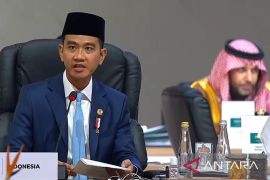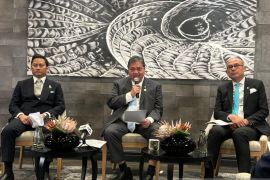The weakest countries are where the virus will take advantage of and create new problems.Nusa Dua, Bali (ANTARA) - The World Health Organization (WHO) has asked Indonesia to help close the financial gap in the handling of the pandemic during its G20 Presidency by raising US$23 billion in funding.
"It requires a US$23-billion investment for this year's accelerator. It is an urgent and crucial investment that needs to be addressed by the G20 under Indonesia's leadership during its presidency," Bruce Aylward, senior advisor to the director-general of the WHO, said at a media briefing here on Friday.
The funding must be utilized to close the current financial gap, which is causing uneven recovery efforts among high- and low-income countries, he said.
The funds should be used so that low-income countries around the world are able to get a high standard of COVID-19 testing, vaccination, and treatment, he added.
Related news: Indonesia to balance global, domestic agenda during G20 Presidency: BI
According to Aylward, the financial gap must be closed considering that the current inequality in pandemic management, such as the unbalanced distribution of vaccines, is still very noticeable in low-income countries.
There are many low-income countries where the vaccination rate is below 40 percent, even though the WHO's directive requires second vaccine doses to be administered to 40 percent of their total population by the end of the year, he said.
According to Aylward, the weakest countries are where the virus will take advantage of and create new problems.
Related news: PIDI 4.0 to expedite industrial transformation in Indonesia: minister
Economic recovery will not happen if the world still responds and handles COVID-19 unevenly, he added.
Furthermore, he stressed that the world will not experience long-term sustainable growth if it does not fix the inequality in the capacity of managing COVID-19.
Nevertheless, he said he believed that the G20 members can procure the US$23 billion in funding, taking into account members countries who contribute significantly to the global economy.
"US$23 billion sounds huge, but it is small for high-income countries. We need the international investment if we want to manage this crisis," Aylward said.
Related news: Omicron may dampen global economic projection: IMF
Related news: First 2022 G20 Sherpa Meeting held with strict health protocols
Translator: Astrid H, Kenzu T
Editor: Fardah Assegaf
Copyright © ANTARA 2021
